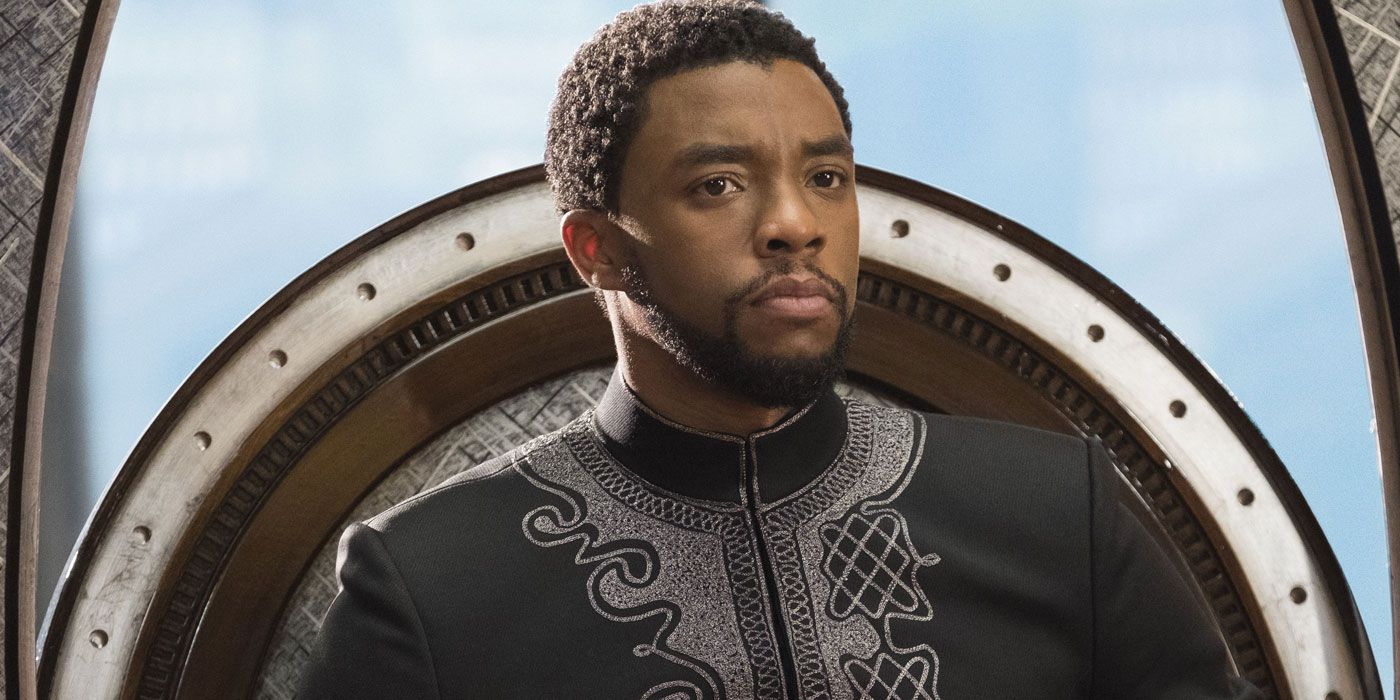Forever 21 issued an apology yesterday for using a white model to advertise a Black Panther-themed sweater. The company has also removed the listing online.Per a statement given to The Hollywood Reporter, the company explains: "Forever 21 takes feedback on our products and marketing extremely seriously. We celebrate all superheroes with many different models of various ethnicities and apologize if the photo in question was offensive in any way."
Hollywood Reporter senior staff reporter Ryan Parker took a screenshot of the listing prior to its removal and uploaded the image to Twitter. The image shows a blonde-haired, blue-eyed model donning the sweater, which is purple with yellow and orange designs running across it into horizontal lines. “Wakanda Forever,†a patriotic catchphrase indicating loyalty and pride in the fictional country, is centered on the sweater in stylized, lightning bolt font underneath a rendering of Black Panther's iconic mask.
The backlash over the sweater is derived from the fact that Black Panther is a comic series with a majority black cast set in a fictional African country whose population is largely black. The film, in turn, was written and directed by black creatives and starred an almost entirely black cast. While it is true that Stan Lee and Jack Kirby, two white Jewish American men, created the character, it is undeniable, in light of who is on the comic panel and on screen, that it would make more sense to have this franchise represented by a black model.
RELATED: Kareem Abdul-Jabbar: Black Panther is Part of a Blaxploitation Renaissance
The use of a white model to promote Black Panther material is a form of whitewashing, or the practice of using white people to perform as traditionally nonwhite roles or positions. While this case is perhaps not as overtly racist as, for example, the now-infamous casting of Mickey Rooney as Mr. Yunioshi in Breakfast at Tiffany's, or even the more recently contentious casting of Scarlett Johannsson as Major Kusanagi in 2017's Ghost in the Shell, it is clear that many people do not want to see Black Panther-themed material being promoted in such a way.
Black Panther was a critical and commercial success, lauded as much for its explosive entertainment value as for its cultural significance. Numerous writers have penned thinkpieces and essays on the film's treatment of the black racial diaspora. Its cultural resonance has got to the point where star Chadwick Boseman is apparently, and ironically, sick of even saying “Wakanda Forever.†Still, he may have to say it a few more times, as director and co-writer Ryan Coogler has signed on for a sequel.

